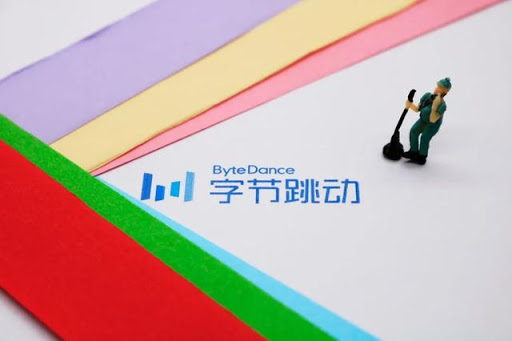
Though I uninstalled Douyin three years ago, it didn't effect my respect for Bytedance.
//抖音风靡全球
There's no doubt that Tik Tok / Douyin remains a global phenomenon. It was the second most downloaded free app last year, across Apple and Android, and recently hit 400M DAU in China. Analysts apparently estimate that the global MAU is at 800M. By the way, that’s just one of their suites, let alone their original moneymaker, news app Toutiao.
//引出游戏和教育
Toutiao and Tik Tok are kind of old news at this point, today’s focus is on its new growth areas, Gaming and Education, which gains lots of explosure in China and has a lot of people very eagerly anticipating their next move.
It's not hard to image the reasons that Bytedance shows ambitious in these two sectors, we're more curious to know whether Bytedance can still make it whenever they extend their boundary.
//游戏
Going into Gaming
So why gaming? As we all know, it's one of the most lucrative sectors in China tech, there is every reason for Bytedance to develop an ecosystem here, especially since any kind of partnership with Tencent is probably out of the question.
In a narrow sense, I'm not into games much so I won't spending more time talking about this. I prefer to regard it as one of the powerful weapons for the government to entertain their people. The giant traffic ensure the 50% success for Bytedance, the other 50%, which Tencent leads now, is their strategy to partner with gaming-related companies globally.
//教育
Like gaming, education is subject to heavy regulation by the government, but unlike gaming, the government is genuinely interested in growing domestic competencies in this space. Like gaming, online education has gotten a huge boost from the epidemic, and it is also one of the main new areas of focus for Bytedance.
As we mentioned before, Bytedance has the magic to kill time. More pervasively, it is their AI algorithms to ensure the efficiency of traffic distribution. That's why I have more confidence, or expect for Bytedance to reform the online education.
//总结
In gaming, it’s both creating a casual mini-game ecosystem within its apps, as well as trying to get more complex IP creation going. The former has been public news since last year, and the latter is obvious if you look at their job ads and acquisition strategy. And it has to do this because of its antagonistic relationship with Tencent, the biggest gaming company in the world, and definitely the leader in China.
The move into education is also quite natural, since it’s also one of the most lucrative sectors in China, but the competitive landscape is completely different. The competitors generally have offline roots and no or low tech DNA. Yes, they’re also all exploring AI as a core growth strategy, but I can’t imagine Bytedance doesn’t have an advantage in this area. The big question is, how much of edtech is tech, and how much of it is actually education.
Gaming is the nature, while Education is the future.